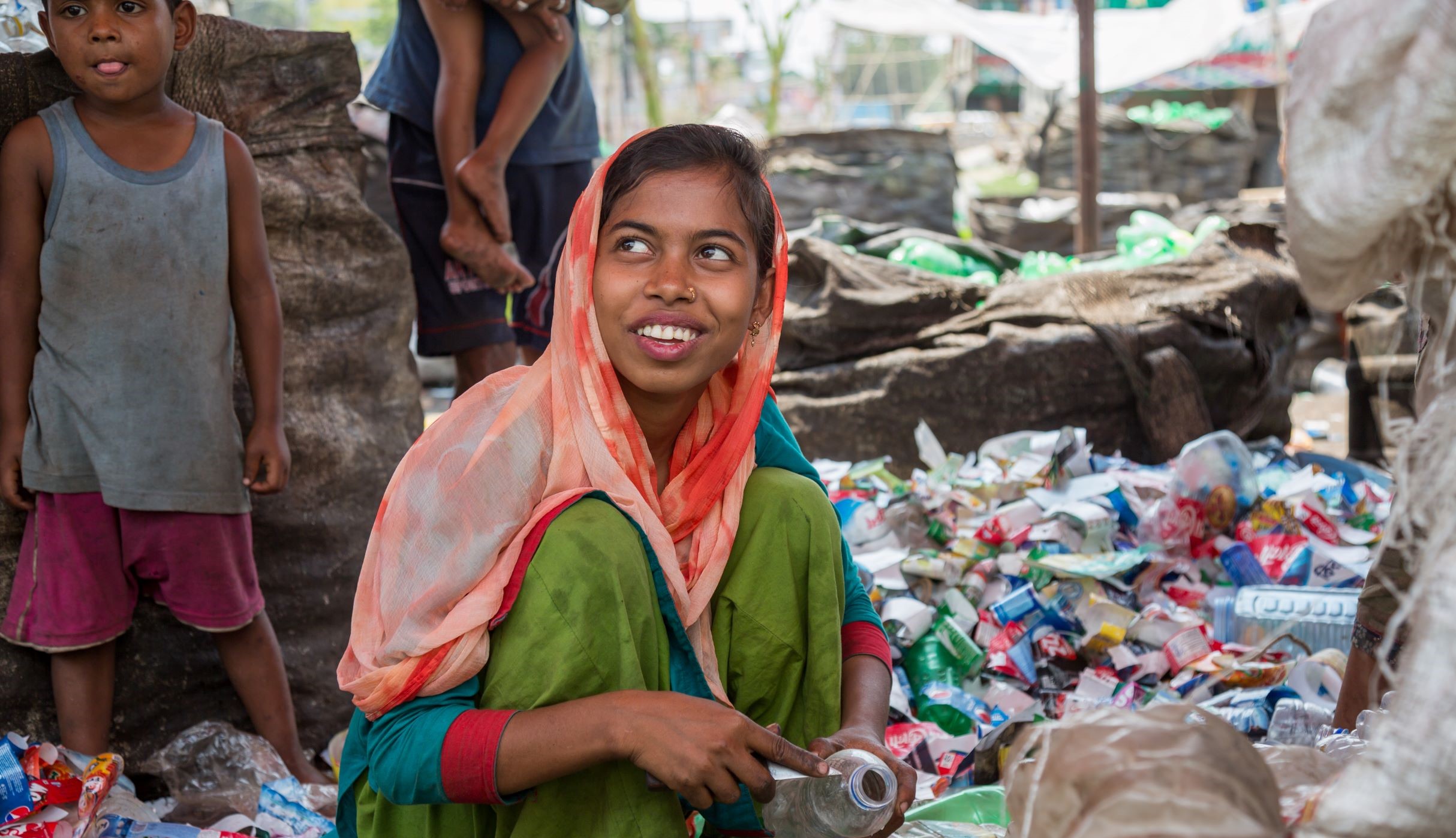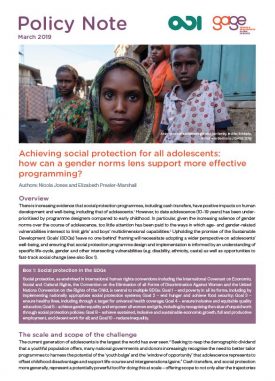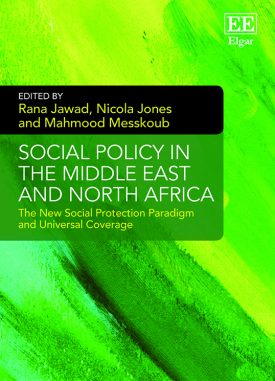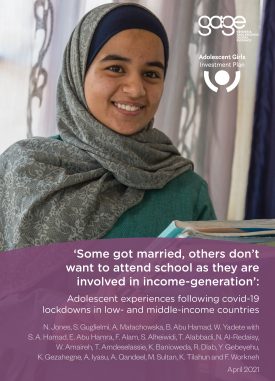The important role of social protection programming (especially cash/in-kind transfers and cash or food for work) in responding to humanitarian crises has been gaining increasing recognition, and most recently not least because of the compounding effects of the Covid-19 pandemic. The role of social protection in addressing gender- and lifecycle-specific risks and vulnerabilities has similarly gained traction.
However, there has been limited discussion on how responsive such programming is to young people’s multi-dimensional vulnerabilities in humanitarian contexts – despite the fact that adolescents and youth are disproportionately affected by humanitarian crises.
This seminar will reflect on this important nexus, drawing in particular on research carried out in Jordan in camps and host communities annually between 2017 and 2020 (including after the onset of the pandemic) and using a gender and adolescence lens. It considers how far adolescents and their gendered vulnerabilities have been included in programme design, as well as monitoring and evaluation (M&E). It will conclude by outlining implications for programming and policy, with suggestions on how programming can be strengthened to realise the rights and capabilities of adolescent girls and boys, and to advance progress towards the Sustainable Development Goals (SDGs), including poverty eradication (SDG 1), health and wellbeing (SDG 3), quality education (SDG 4), gender equality (SDG 5) and reducing inequality (SDG 10).
Speaker:
Nicola Jones @njonesODI – Principal Research Fellow, Gender Equality and Social Inclusion, ODI
Venue:
via Zoom https://us02web.zoom.us/j/89550158529?pwd=OW9IdTZWVWY5cjRZUkJ4azdsdjNPQT09



